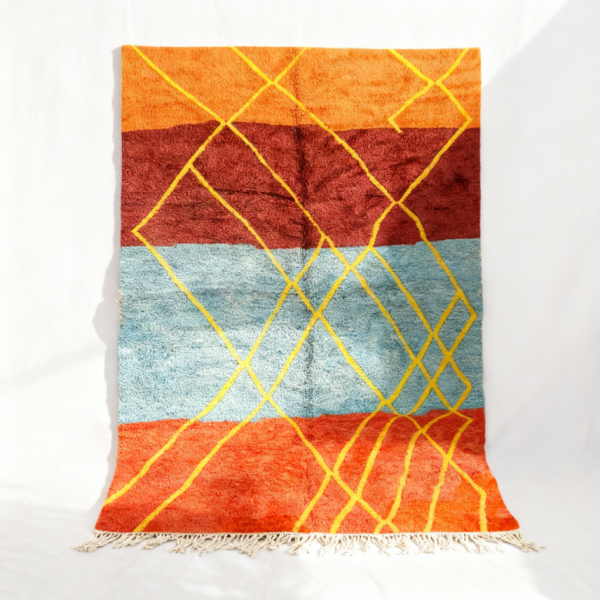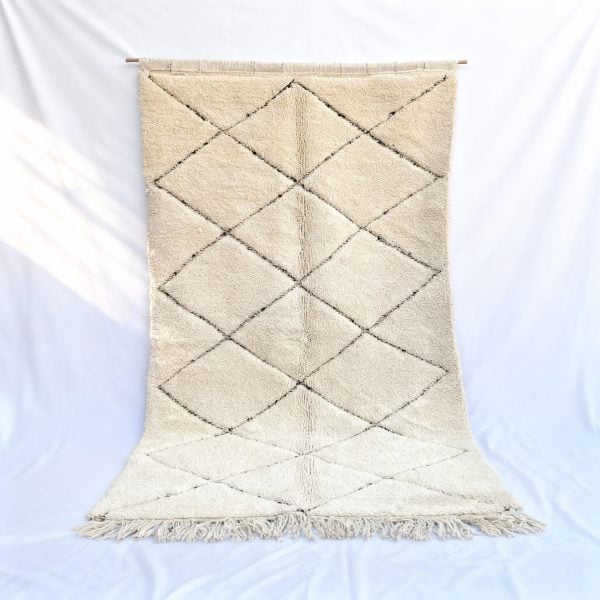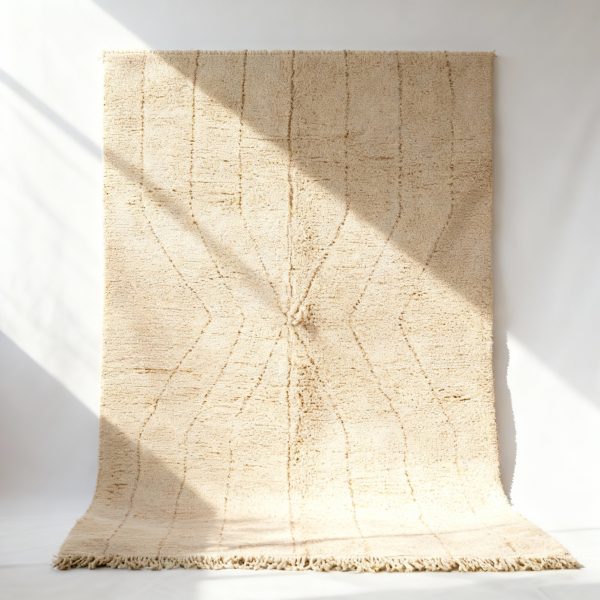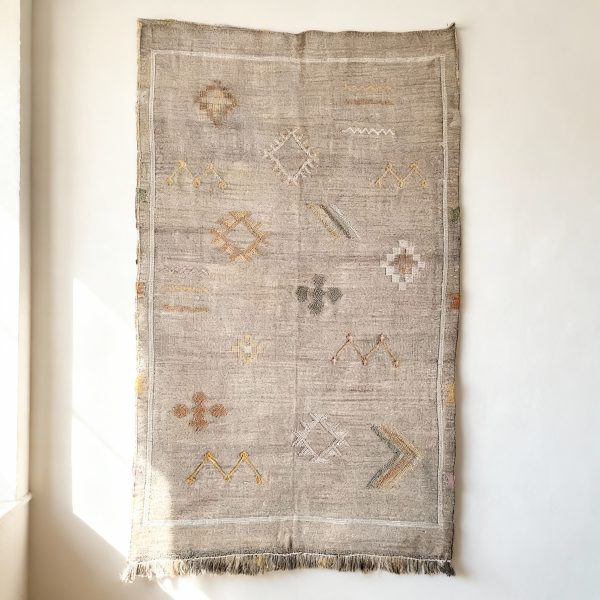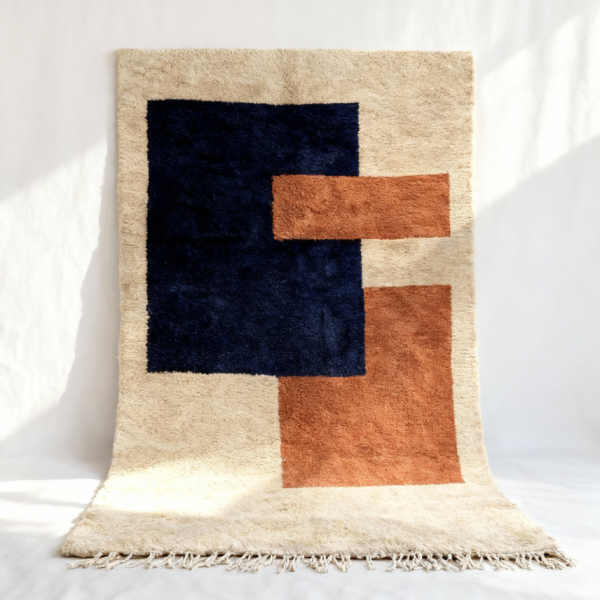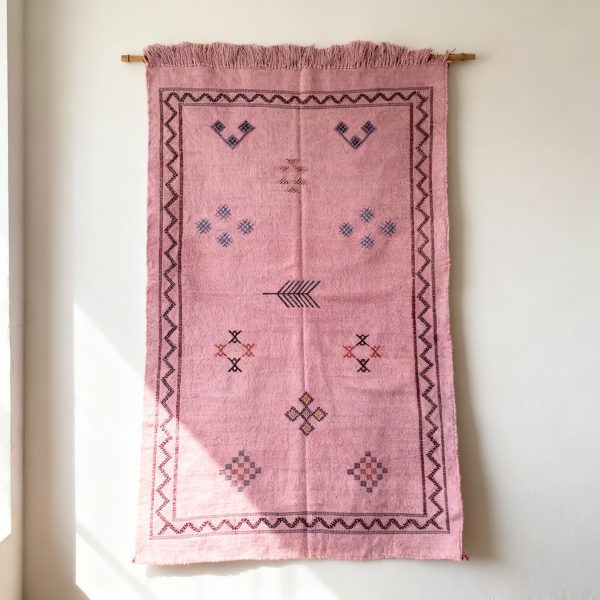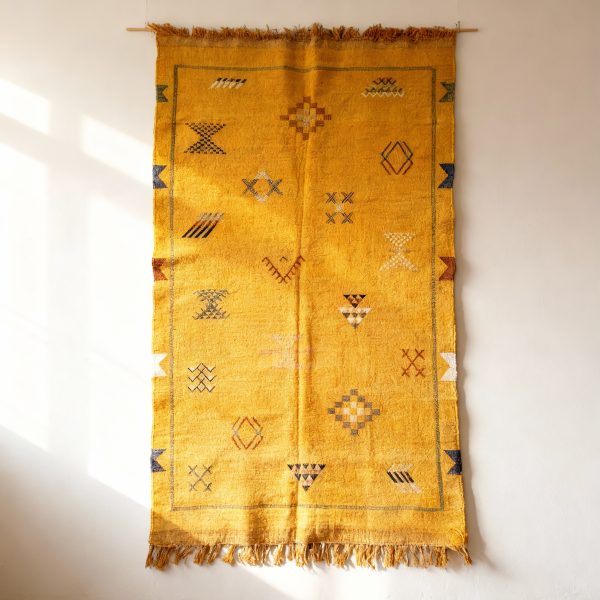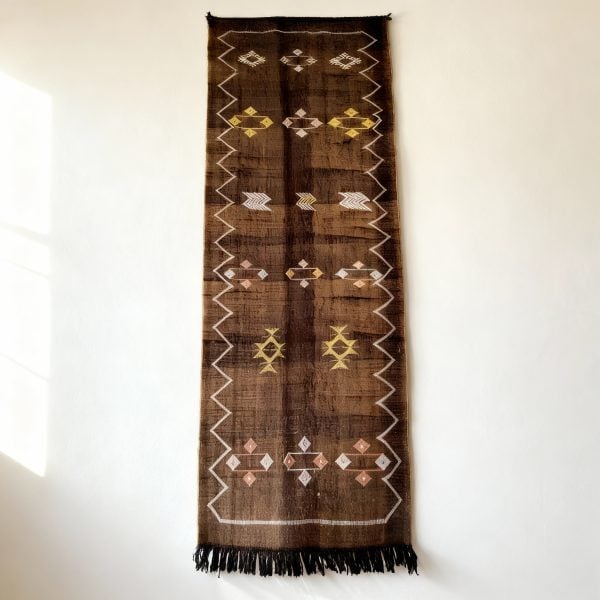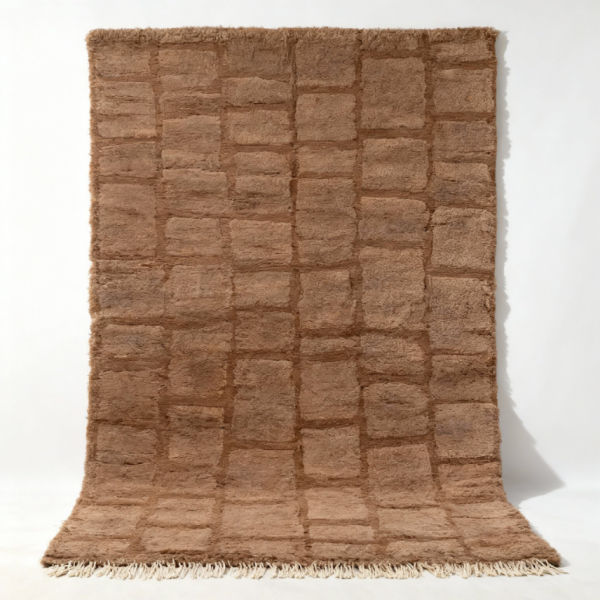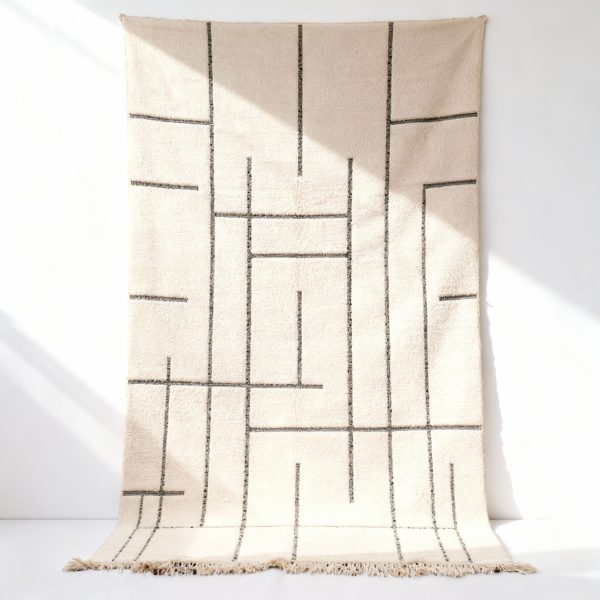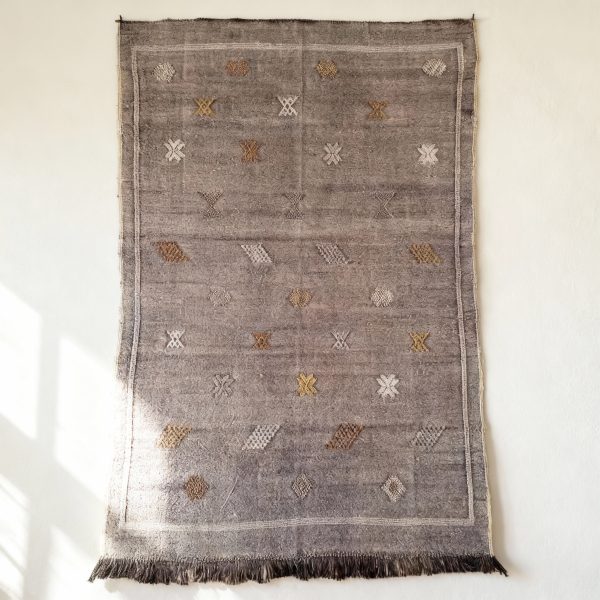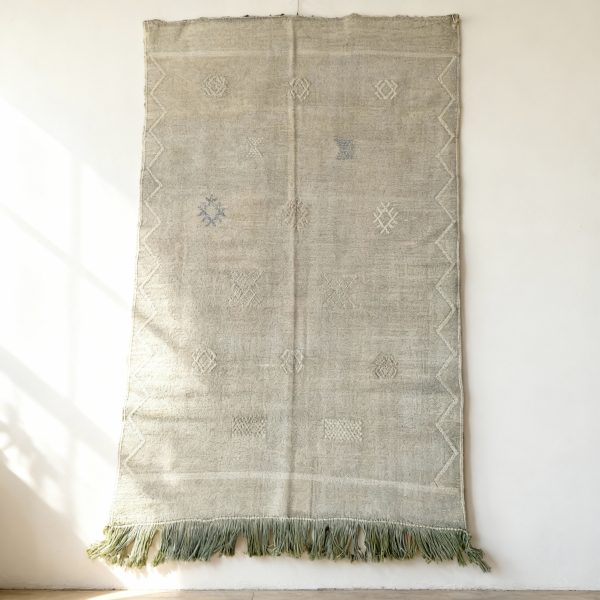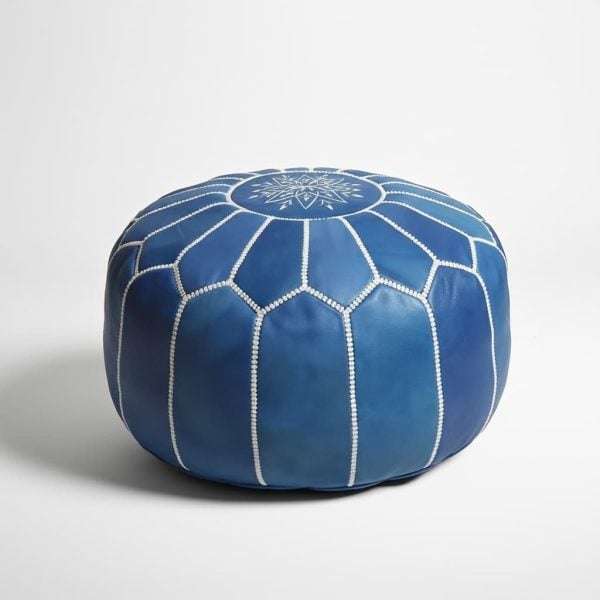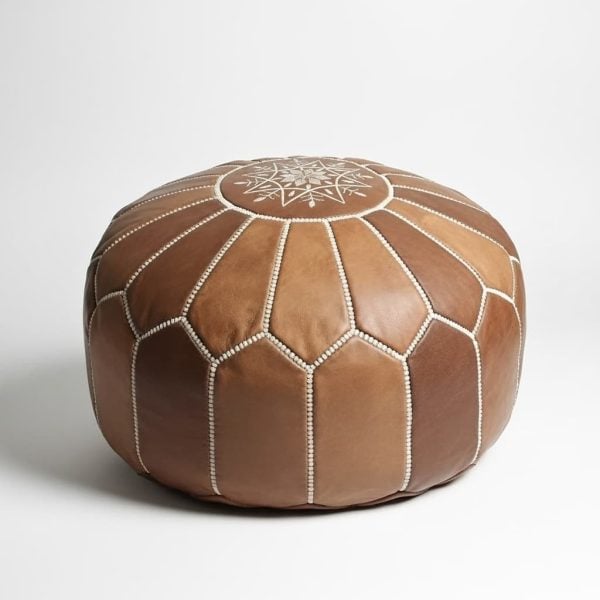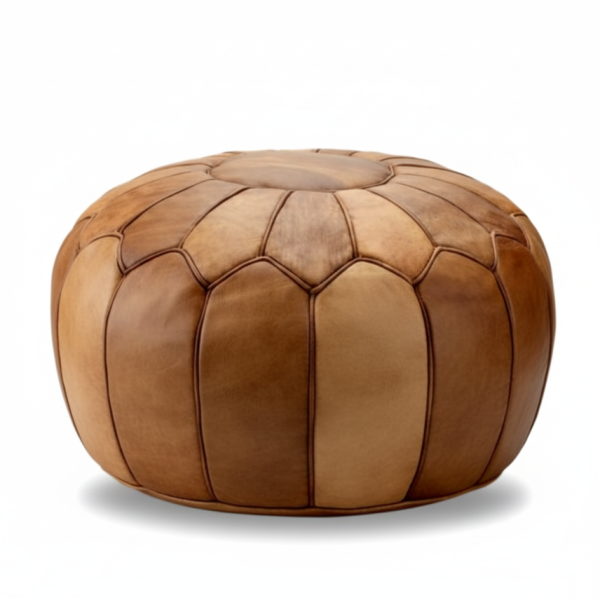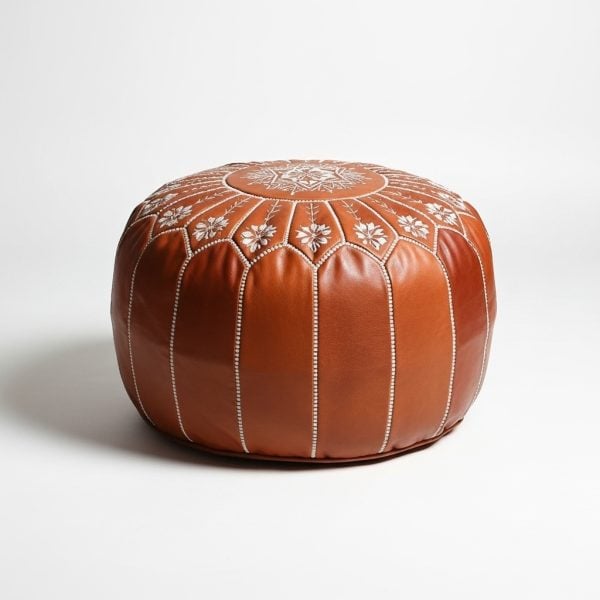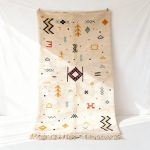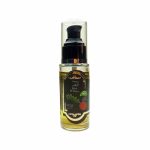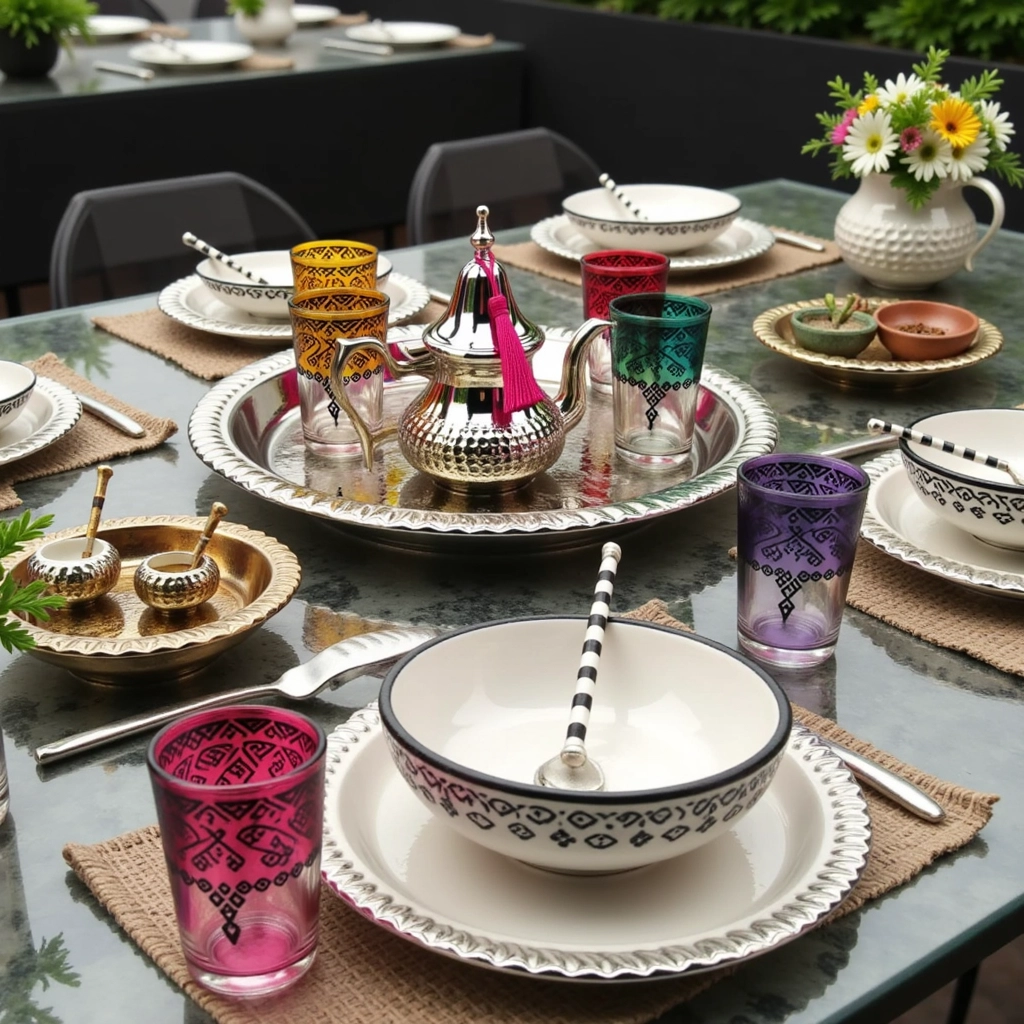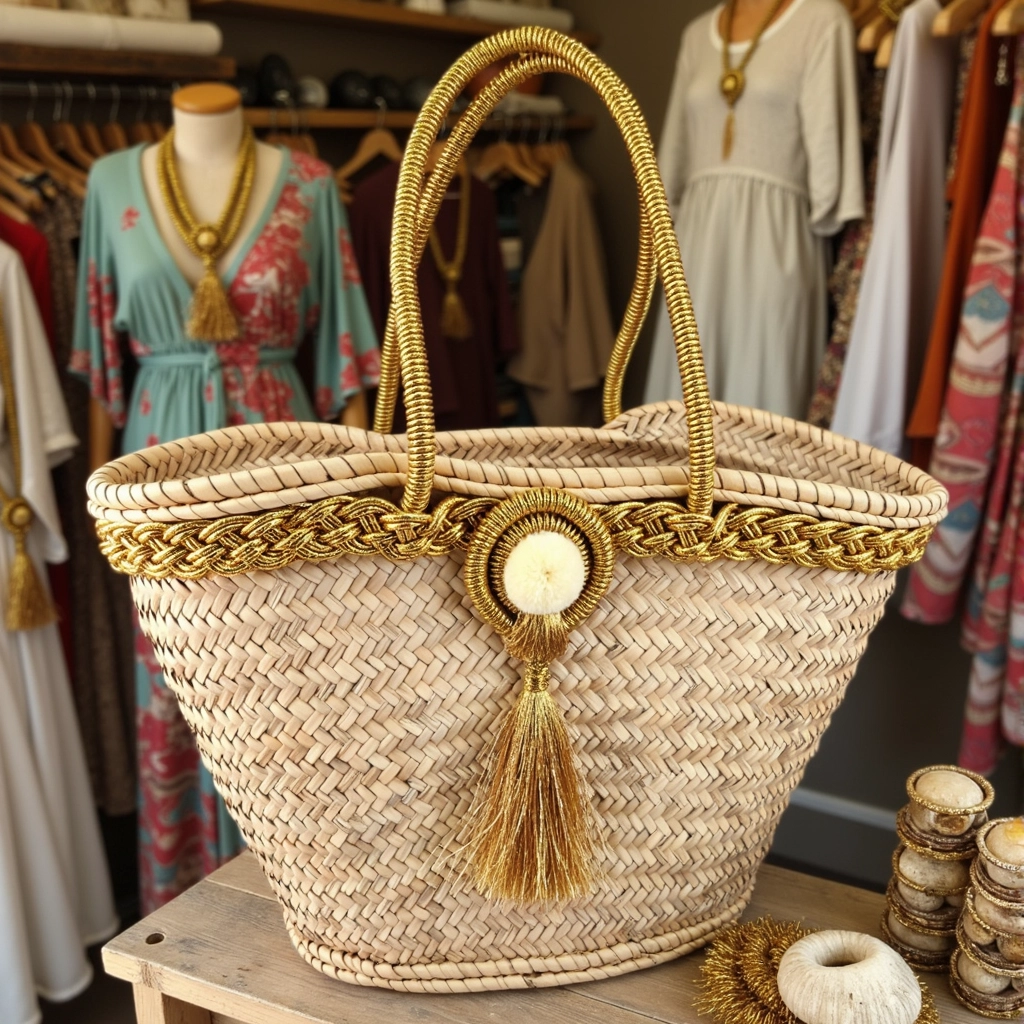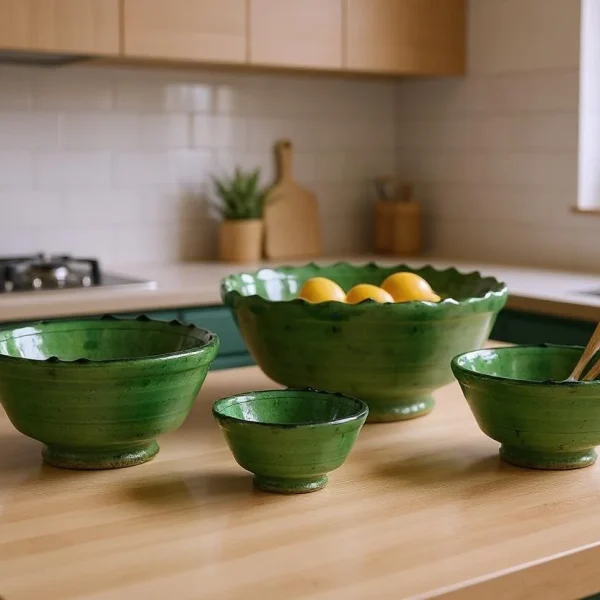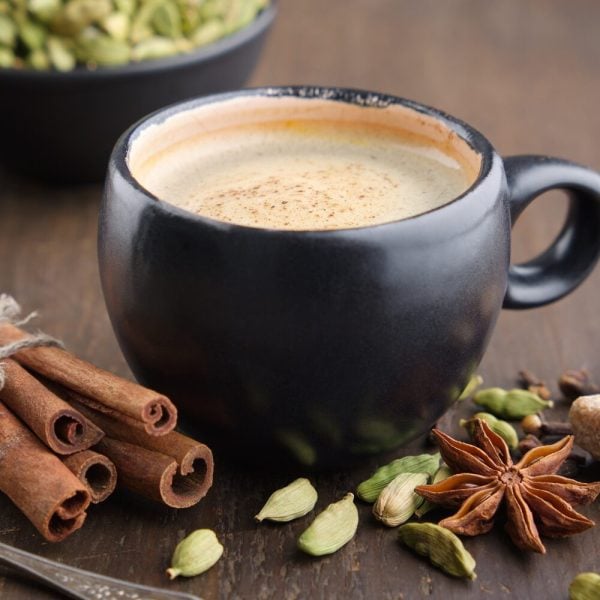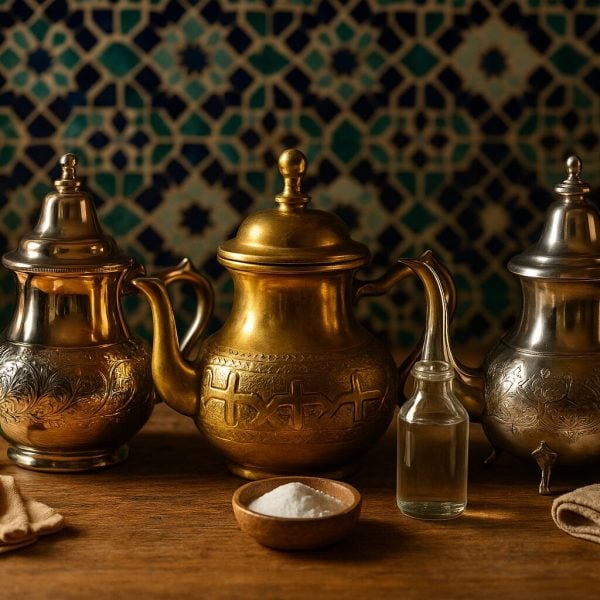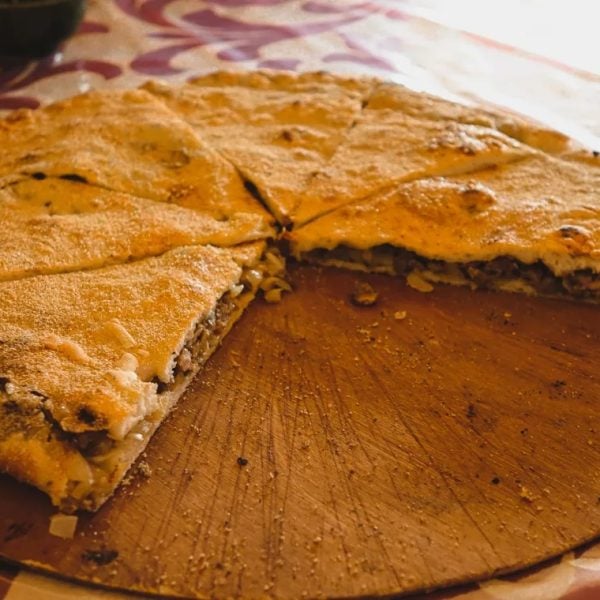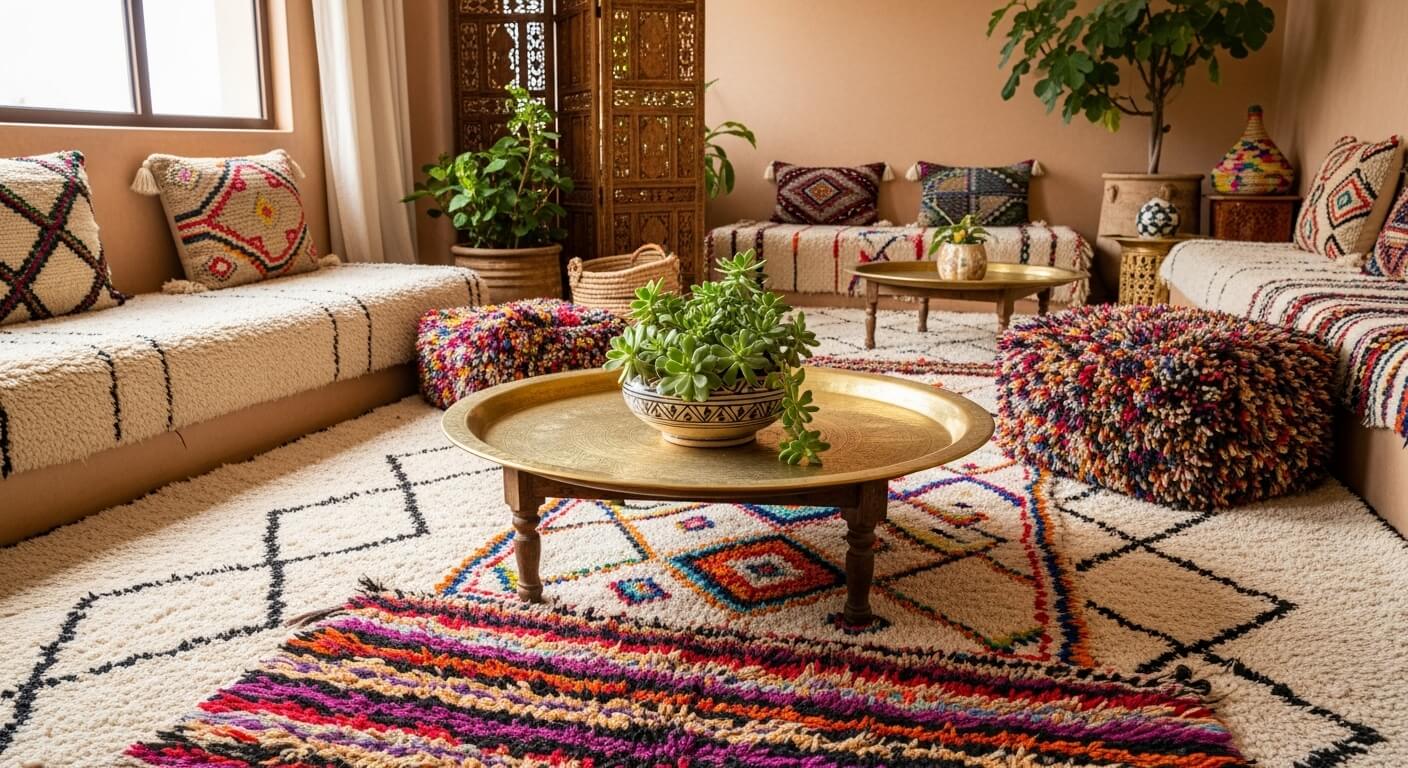
Handmade Moroccan wool rugs — whether the lush Beni Ourain, vibrant Azilal, or silky Sabra blends — are more than floor coverings; they’re heirlooms steeped in Amazigh (Berber) tradition. Woven from lanolin-rich sheep’s wool and colored with natural dyes, these rugs offer warmth, resilience, and an organic, sculptural texture. This Moroccan wool rug care guide preserves that heritage with conservation-grade methods so your rug endures beautifully for generations.
Why Marrakeche Crafts rugs are different
- Lanolin-rich highland wool: naturally repels dirt and moisture; over-washing can strip protective oils.
- Traditional hand-knotted structures: secure foundations with characteristic “white knots” that are part of the rug’s story.
- Natural dyes: nuanced hue shifts; require cool water care and controlled pH to prevent dye migration.
Table of Contents
Routine Maintenance
Regular dusting & vacuuming
- Take the rug outdoors weekly and gently shake to dislodge dust.
- Vacuum with low suction and the beater bar/brush roll off. For delicate pieces, lay a fine mesh screen (nylon net) over the rug and vacuum through the screen to diffuse suction.
- Vacuum across the width (weft direction), not length, to reduce stress on warps.
- For high-pile Beni Ourain, use the upholstery tool to skim the tips of the pile.

Rotation & resting
- Rotate the rug every 3–6 months to even out traffic and sunlight exposure.
- Flip the rug and vacuum the reverse side a few times per year to remove embedded grit.
Rug pads & placement
- Use a felt + natural rubber pad (avoid PVC pads that may off-gas and discolor hardwood finishes). On concrete, ensure a vapor barrier under the floor to prevent rising moisture.
- Avoid damp surfaces. In humid climates, air rugs more frequently and use dehumidification to keep RH ~45–55%.
- Underfloor heating is compatible; keep floor surface ≤ ~27°C and use breathable felt/rubber pads (not PVC).

Shedding
- Initial shedding is normal for hand-knotted wool.
- Lightly brush or vacuum to remove loose fibers.
- Trim any popped tufts with sharp scissors—never pull.
Spot & Stain Removal
Golden rule: Blot, don’t rub. Start with cold water. Use only wool-safe, pH-neutral to slightly acidic cleaners (target bath/solution pH ~4.5–6.5). Always test on a hidden area first.
| Stain type | Solution | Steps | Dry time | Notes |
|---|---|---|---|---|
| Red wine | Cool water + 1 tsp non-ionic dish soap per 1 cup + a splash of white vinegar (well-diluted) | Blot immediately → dilute with cool water → apply solution by dabbing → blot until transfer stops → rinse with cool water → blot dry | Few hours | Do not “set” dyes with salt/vinegar; they are not true fixatives for natural dyes. Test first. |
| Coffee/tea | 1:2 white vinegar to cool water or mild wool-safe detergent | Blot → apply sparingly → dab, do not scrub → rinse → blot | Few hours | Stubborn tannins may require a professional treatment. |
| Oil/grease | Cornstarch or baking soda; then mild wool-safe detergent | Blot → sprinkle powder 15–20 min → vacuum → dab detergent → rinse → blot | Few hours | Avoid strong solvents; consult professionals for heavy oil. |
| Pet urine (fresh) | 1:1 white vinegar & water | Blot thoroughly → apply solution → blot → rinse → blot | Few hours | For odor/proteins, use a WoolSafe-approved enzymatic cleaner. |
| Pet urine (set) | Wool-safe enzymatic cleaner | Apply as directed → dwell → blot → rinse → blot | Overnight | Avoid ammonia-based cleaners; seek pros if color shift remains. |
| Mud | — | Let dry fully → vacuum → wipe with damp cloth + tiny amount of wool-safe soap → rinse → blot | Few hours | Never scrub wet mud into pile. |

Avoid: Bleach, ammonia, high-alkaline cleaners (> pH 9), oxygen bleach on colors, or harsh scrubbing that can fuzz pile and mobilize dyes.
Deep Cleaning
Conservation-grade hand washing (wool)

- Prep: Shake and vacuum thoroughly. Stabilize any weak areas. Perform dye-stability tests with cool deionized/distilled water on white blotter.
- Bath: Use cool to mildly lukewarm deionized water and a non-ionic, wool-safe surfactant. Keep bath pH ~4.5–5.5 (keratin-friendly range).
- Method: Gently press-and-release water through pile using clean sponges. Do not scrub. Change rinse water until it runs clear.
- Water removal: Squeegee in pile direction, then roll in clean towels to wick moisture.
- Dry: Dry flat on an elevated rack or mesh with moving air. Avoid direct midday sun; brief morning sun is acceptable. Block to shape while damp.

Note on Sabra “cactus silk” blends: Many so-called sabra yarns are rayon/viscose and can bleed or water-spot. Avoid immersion; use low-moisture spot cleaning and professional care for sabra-wool blends.
Professional cleaning
- Every 3–5 years for normal homes; sooner for high traffic or pets.
- Request a hand-wash/submersion wash suitable for wool, not hot steam extraction on-loom.
- Ask for dye testing, cool-water methods, controlled pH, and flat, airflow-assisted drying.
For more styling and placement ideas after cleaning, explore our interior décor guides.
Seasonal Maintenance
- Spring/Fall airing: Air the rug outdoors for a few hours each side. Early morning light and a breeze refresh wool; avoid prolonged harsh sun to limit fading.
- Sun-fade mitigation: Rotate rugs in sunny rooms; consider sheers/UV films. Museum guidance limits sensitive textiles to ~50 lux and <75 µW/lm UV on display.
- Humidity: Avoid prolonged dampness. Use fans or dehumidifiers in humid seasons; keep indoor RH roughly 45–55%.
- Snow cleaning (traditional): In cold regions, some lay rugs face-down on clean snow and beat lightly. Traditional anecdote—needs professional confirmation.
Style It Further
Want to refresh your space further? Explore our Home Décor Collection for artisan-made accents that complement your Moroccan rug.
Fringe & Edge Care
- Vacuum fringes separately with a nozzle (no beater bar). Comb gently with fingers.
- Never cut off fringe entirely; it is the warp foundation. Trim only uneven tips, leaving at least 1–2″ beyond knots.
- For a few broken tassels, tie temporary overhand knots or whipstitch to stabilize. For significant loss, engage a professional.

Professional options: End overcasting with wool thread, side re-binding, hand-applied replacement fringe, or reversible “fringe hiding.” Avoid glues and machine serging on historic/hand-knotted pieces.
Moth & Insect Prevention
- Keep rugs clean and regularly disturbed; moths thrive in dark, undisturbed areas. Check under sofas and beds.
- Natural deterrents (cedar, lavender, neem) help as part of a broader IPM plan but won’t eradicate an active infestation.
- In high-risk areas, consider professional, wool-safe treatments (e.g., permethrin), applied by qualified providers.
If infested
- Vacuum front and back thoroughly; discard vacuum bag immediately.
- For small rugs, freeze in sealed polyethylene at ≤ −20°C (−4°F) for at least 72 hours; thaw sealed; repeat a second freeze cycle for best results.
- For large rugs, seek a professional wash and pest-isolation protocol.
- Avoid mothballs (toxic, limited long-term efficacy).

Storage & Shipping
- Always clean (vacuum/hand-wash) before storage.
- Roll, don’t fold—roll in the pile direction, around a tube if possible. Interleave with acid-free tissue or prewashed cotton.
- Wrap in breathable Tyvek or cotton. Avoid long-term plastic unless for short-term transit (risk of condensation).
- Store cool, dark, dry, and off the ground. Inspect every 6–12 months with pest traps in place.
- Shipping: add a moisture barrier for transit only (outer plastic) plus silica gel packs; label “Do Not Bend.”

Light & display note: For sensitive textiles, museum guidance targets ~50 lux and <75 µW/lm UV. Rotate displays to limit cumulative light exposure.
Traditional Moroccan Tip (Use With Caution)
Some households lightly dust a rug before storage to absorb odors and deter pests. If you try this, keep detergent off the fibers: use a WoolSafe, enzyme/bleach/brightener‑free neutral powder placed in breathable muslin sachets or sprinkled onto a cotton interleave (not directly on the pile). Roll pile‑out, wrap in breathable cotton/Tyvek, add silica gel, and store at 45–55% RH. On unpacking, vacuum thoroughly (and hand‑wash if needed) to remove any residue. Not recommended for antique or naturally dyed rugs.
- Only on modern, colorfast wool; dye‑test first.
- Do not use regular alkaline laundry powders directly on the rug.
- Keep away from children/pets; avoid fragrance-heavy products.
Repair & Restoration
DIY fixes
- Snip pulled fibers flush (never yank).
- Whipstitch tiny edge frays with matching wool or strong cotton; keep stitches shallow and reversible.
- For odors, aerate; use light baking soda application and vacuum. Avoid heavy perfumes/chemical deodorizers.
When to call a pro
- Holes/tears that require reweaving (pile and foundation).
- Color bleed or tidelines after DIY cleaning.
- Extensive fringe/edge damage needing overcasting, rebinding, or new fringe work.
Fair-trade repairs, real impact: Every repair sustains heritage skills and supports the artisans behind our rugs.
Indicative costs (vary by region & complexity): Minor end securing/overcasting ~ $30–50 per linear foot; side binding similar; complex reweaving often quoted by area and motif. Always request photos, methods, and timeline.

FAQ
Yes. Shedding eases after the first months. Vacuum gently with beater bar off.
No. Avoid hot steam and on-loom extraction for hand-knotted wool. Use a hand-wash or reputable rug-wash studio.
Blot immediately → dilute with cool water → apply diluted wool-safe solution → blot → rinse → blot dry.
Never bleach. Accept patina or request professional fringe refresh or replacement.
Yes. Air in gentle sun and breeze, or schedule a cool-water hand wash if the odor is strong.
Rotate regularly, use sheers/UV film, and avoid harsh cleaners. Natural dyes mellow with age in a beautiful, nuanced way.
Choose fair-trade restorers and learn more on our About Us page.
Have specific questions? Contact us — we’re happy to help.
For interior designers, retailers, or bulk buyers, see our Wholesale page for trade options.
References
- American Institute for Conservation (AIC) Textile Wiki – Aqueous Cleaning: https://www.conservation-wiki.com/wiki/TSG_Chapter_VI._Treatment_of_Textiles_-_Section_D._Aqueous_Cleaning
- AIC Textile Wiki – Mechanical Cleaning/Vacuuming: https://www.conservation-wiki.com/wiki/TSG_Chapter_VI._Treatment_of_Textiles_-_Section_C._Mechanical_Cleaning
- Canadian Conservation Institute (CCI) – Low-temperature pest control: https://www.canada.ca/…/controlling-insects-low-temperature.html
- MuseumPests.net – Freezing protocols & IPM: https://museumpests.net/solutions-low-temperature-treatment/
- WoolSafe – Wool-safe products and stain guidance: https://www.woolsafe.org/stain-wizard/
- The Woolmark Company – Care for wool: https://www.woolmark.com/care/which-laundry-detergent-should-i-use-when-washing-wool/
- Carpet & Rug Institute – Vacuuming basics: https://carpet-rug.org/the-importance-of-vacuuming
- V&A Conservation – Textile care insights: https://www.vam.ac.uk/info/conservation
- The Anou – Sabra “cactus silk” reality: https://helloanou.wordpress.com/…/the-truth-about-moroccan-sabra/
- Lighting targets (sensitive textiles): CCI UV/Lux notes: https://www.canada.ca/…/measurement-ultraviolet-radiation.html
